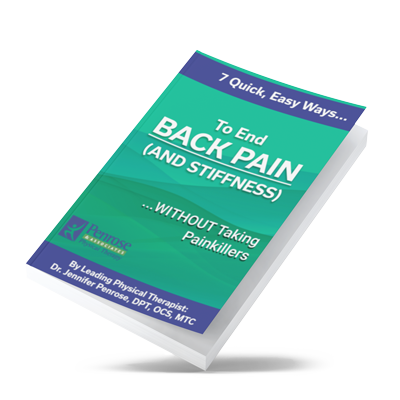Fibromyalgia is a complex and often misunderstood chronic pain condition that affects millions of people worldwide. If you’re one of the many individuals living with fibromyalgia, you know that its symptoms can be challenging to manage. However, physical therapy offers valuable strategies for improving your quality of life and minimizing the impact of this condition. In this blog post, we’ll delve into the crucial role of physical therapy in managing fibromyalgia symptoms.
Understanding Fibromyalgia
Fibromyalgia is characterized by widespread musculoskeletal pain, fatigue, sleep disturbances, and cognitive difficulties often referred to as “fibro fog.” It can significantly impact daily life and overall well-being. While the exact cause of fibromyalgia is still being studied, it’s believed to involve abnormalities in pain processing within the central nervous system.
The Role of Physical Therapy
Physical therapy plays a vital role in managing fibromyalgia by addressing several key aspects of the condition:
Pain Relief: Physical therapists employ various techniques to alleviate pain, including manual therapy, myofascial release, and gentle exercises tailored to your specific needs.
Exercise and Conditioning: Regular, low-impact aerobic exercises and strength training can help improve muscle strength and flexibility, reduce pain, and enhance overall fitness.
Education: Understanding fibromyalgia and its management is empowering. Physical therapists provide education on pain coping strategies, pacing activities, and stress management techniques.
Sleep Improvement: Sleep disturbances are common in fibromyalgia. Your physical therapist can offer guidance on sleep hygiene and relaxation techniques to promote better rest.
Activity Management: Physical therapists work with you to set achievable activity goals and develop pacing strategies to prevent symptom flare-ups.
Benefits of Physical Therapy for Fibromyalgia
Now, let’s explore the specific benefits of physical therapy for managing fibromyalgia symptoms:
Pain Reduction: Through manual therapy and therapeutic exercises, physical therapy can help reduce musculoskeletal pain and improve your overall comfort.
Enhanced Mobility: Stretching and conditioning exercises can increase your range of motion and ease joint stiffness.
Fatigue Management: Physical therapists can teach you techniques to manage fatigue effectively and regain energy for daily activities.
Improved Sleep: By addressing sleep disturbances and promoting relaxation techniques, physical therapy can contribute to better sleep quality.
Stress Reduction: Learning stress management techniques can help you better cope with the emotional and psychological aspects of fibromyalgia.
Your Path to a Better Quality of Life
Fibromyalgia can be challenging, but with the right support and strategies, you can lead a fulfilling life. At Penrose Physical Therapy in Lacey, WA, our dedicated physical therapists specialize in fibromyalgia management and can provide you with the tools and guidance you need to manage your symptoms effectively.
Take the first step towards a better quality of life. Contact Penrose Physical Therapy at 360-456-1444 today to schedule your consultation and start your journey towards managing fibromyalgia symptoms more effectively.
Physical therapy plays a vital role in managing fibromyalgia symptoms by addressing pain, improving mobility, and enhancing overall well-being. If you’re living with fibromyalgia, don’t hesitate to reach out to Penrose Physical Therapy for expert guidance and support.






